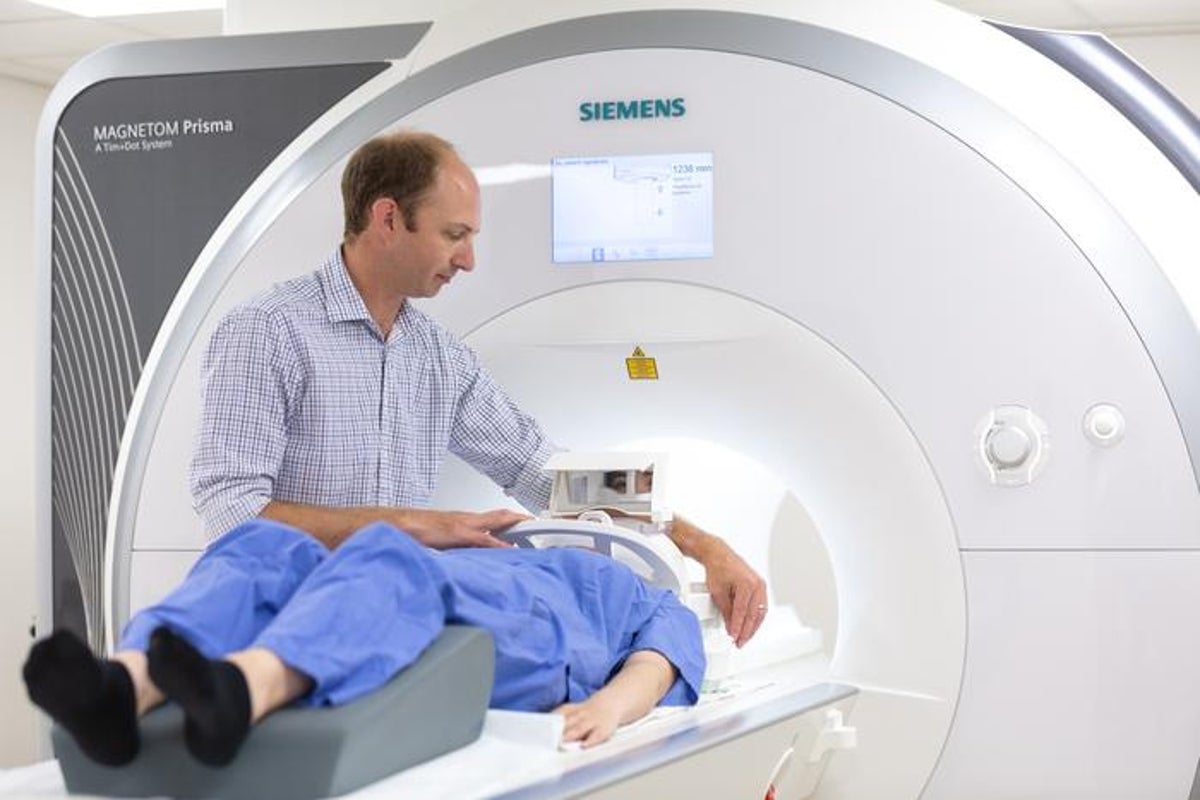Hidden fat around your organs may be aging your heart faster and leaving you vulnerable to life-threatening heart disease.
Blood tests have revealed that fat found surrounding the stomach, liver, and intestines is linked to increased inflammation, which is a potential cause of aging, researchers warned Friday.
While the heart naturally ages as we do, premature aging due to stress, poor diet and exercise, and genetic and environmental factors can put people at a greater risk of heart failure, irregular heartbeat, and other dangerous cardiac events. Inflammation is also a health risk if it persists, with ties to cancer and chronic disease.
But their findings were not all negative.
“Our research shows that ‘bad’ fat, hidden deep around the organs, accelerates aging of the heart. But some types of fat could protect against aging – specifically fat around the hips and thighs in women,” Declan O’Regan, a professor at Imperial College London, said in a statement.
The research also revealed a difference between men’s and women’s health. Fat around the belly was a marker of early heart aging in men, but it had the opposite effect in women. And there were ties between higher levels of the female hormone estrogen in premenopausal women and a slowdown of heart aging.
O’Regan and his team used artificial intelligence to analyze scans of hearts in more than 21,000 people included in the U.K. Biobank database. The tech helped to pinpoint signs of aging, such as inflamed tissue. The patients were then given a “heart age,” which was compared to their actual age at the time of the scan.
This analysis helped to uncover the link between heart aging and the fat, which cannot be seen externally and can exist in large quantities in people who are at a healthy weight.
The next question is how to use these findings to help slow heart aging for both men and women.
Going forward, they plan to use weight loss drugs to see if they can target the effects of this hidden fat.
For now, the advice to people is fairly straightforward.
“Eating a healthier diet and becoming more active can help to reduce visceral fat levels,” Professor Bryan Williams said.

